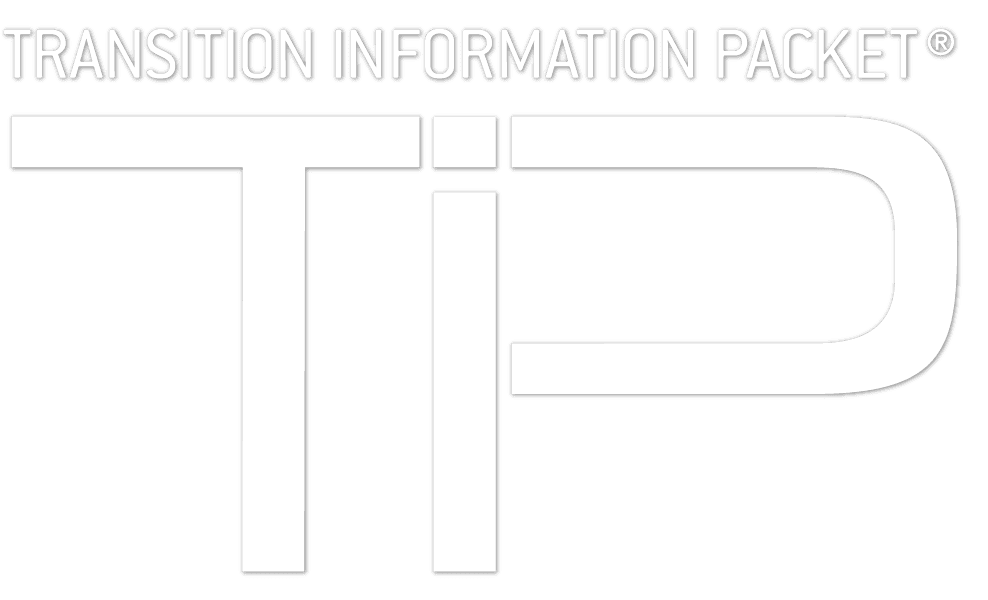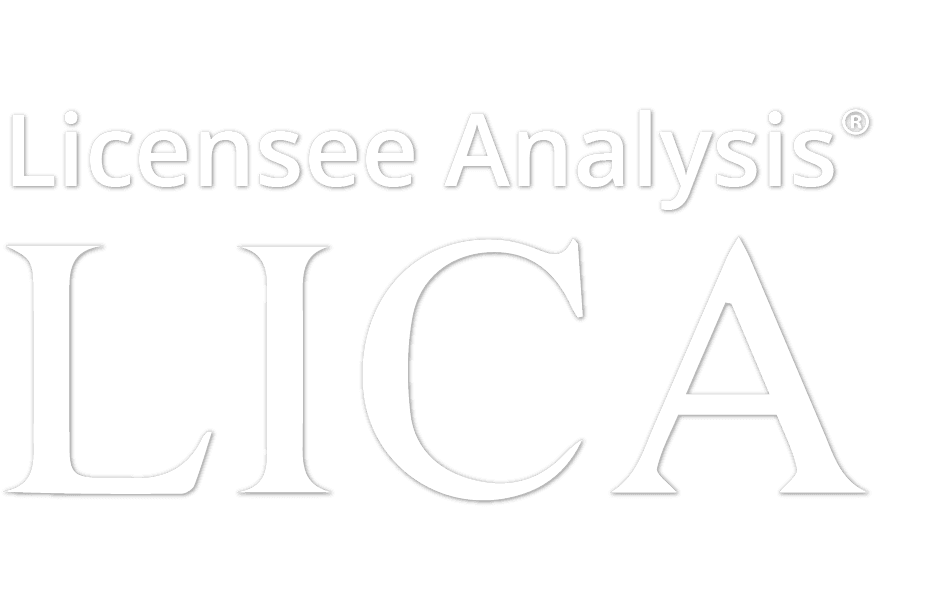Vermont EPSCOR Pilot Program
Vermont EPSCoR
334 Marsh Life Science
109 Carrigan Dr.
University of Vermont
Burlington, VT 05405
(802) 656-7931
epscor@uvm.edu
Purpose of Initiative
The Vermont EPSCoR Pilot Program provides funding to support research aligned with the current VT EPSCoR RII Track-1 grant, Basin Resilience to Extreme Events in the Lake Champlain Basin (BREE). The awards for innovation as well as to move research forward. Priority is given to proposals that address water quality in Vermont and those that have potential for future STTR funding.
Eligibility
Higher education institutions and small businesses registered in Vermont are eligible. All proposals must be submitted by a higher education – small business partnership.
Application Process
Please note: The application window for the 2018-2019 program has closed. Proposals for the program were due by February 21, 2018. Visit the Vermont EPSCoR website for information on future solicitations. Application and submission guidelines can be accessed here.
Award Details
The maximum amount of each grant is $10,000.
Vermont EPSCOR SBIR Phase 0
Vermont EPSCoR
334 Marsh Life Science
109 Carrigan Dr.
University of Vermont
Burlington, VT 05405
(802) 656-7931
epscor@uvm.edu
Purpose of Initiative
The overarching goal of the Vermont ESPCoR Phase (0) solicitation is to, “identify proposals that show promise for success in federal SBIR competitions and that would benefit from financial support and reviewer comments.”
Eligibility
To be eligible, businesses must be registered in Vermont. Multiple year awardees under the program cannot submit a proposal for one year after their third consecutive successful award. Awards are contingent upon NSF funding for Vermont EPSCoR.
Application Process
Please note: The application window for the 2018-2019 program has closed. Proposals for the program were due by February 7, 2018. Visit the Vermont EPSCoR website for information on future solicitations. Application and submission guidelines can be accessed here.
Award Details
The maximum amount of each grant is $15,000.
Research for Novel Approaches
Northeast SARE
University of Vermont
140 Kennedy Dr., Suite 201
South Burlington VT 05403
(802) 651-8335
Purpose of Initiative
Sustainable Agriculture Research and Education (SARE) is a USDA/NIFA program offering competitive grants aimed at improving profits, stewardship, and positive connections between farms and their communities. Research for Novel Approaches funds projects that conduct applied research about innovative approaches in sustainable agriculture. The research should establish feasibility with projects expected to generate new information with high potential to be used in future educational programs, thus promoting farmer adoption of these innovative approaches. Approaches are defined as production practices; marketing and business techniques; community and personnel engagement; and other methods used to make agriculture more productive, environmentally sound, and socially sustainable.
Eligibility
Applicants must show direct involvement of farmers in the development of the grant proposal and must also demonstrate a substantial level of interest among agricultural service providers to promote the approach to farmers they work with.
Application Process
The preproposal is a short preliminary concept document that allows SARE reviewers to select the most promising projects that and address the SARE mission of improved profits, good stewardship, and an improved quality of life for farmers and farm communities. Only applicants with an approved preproposal can submit a full proposal to the Northeast SARE Research and Education grants. Additional requirements in the full proposal include a Project Advisory committee and a full detailed budget. More information can be gathered here.
Award Details
Northeast SARE will fund proposals in the $50,000 to $200,000 range and will allocate no more than $500,000 in total for the first year of this grant program. Grant awards will be contingent on continued federal funding support of the SARE program in 2018. The maximum project length for proposals will be three years.
Updated by Rachel Werth in April 2018



